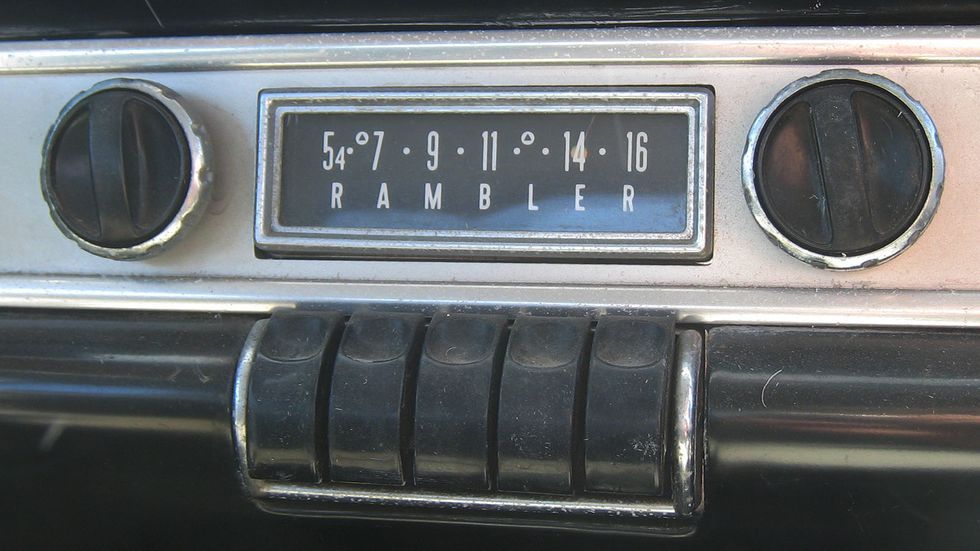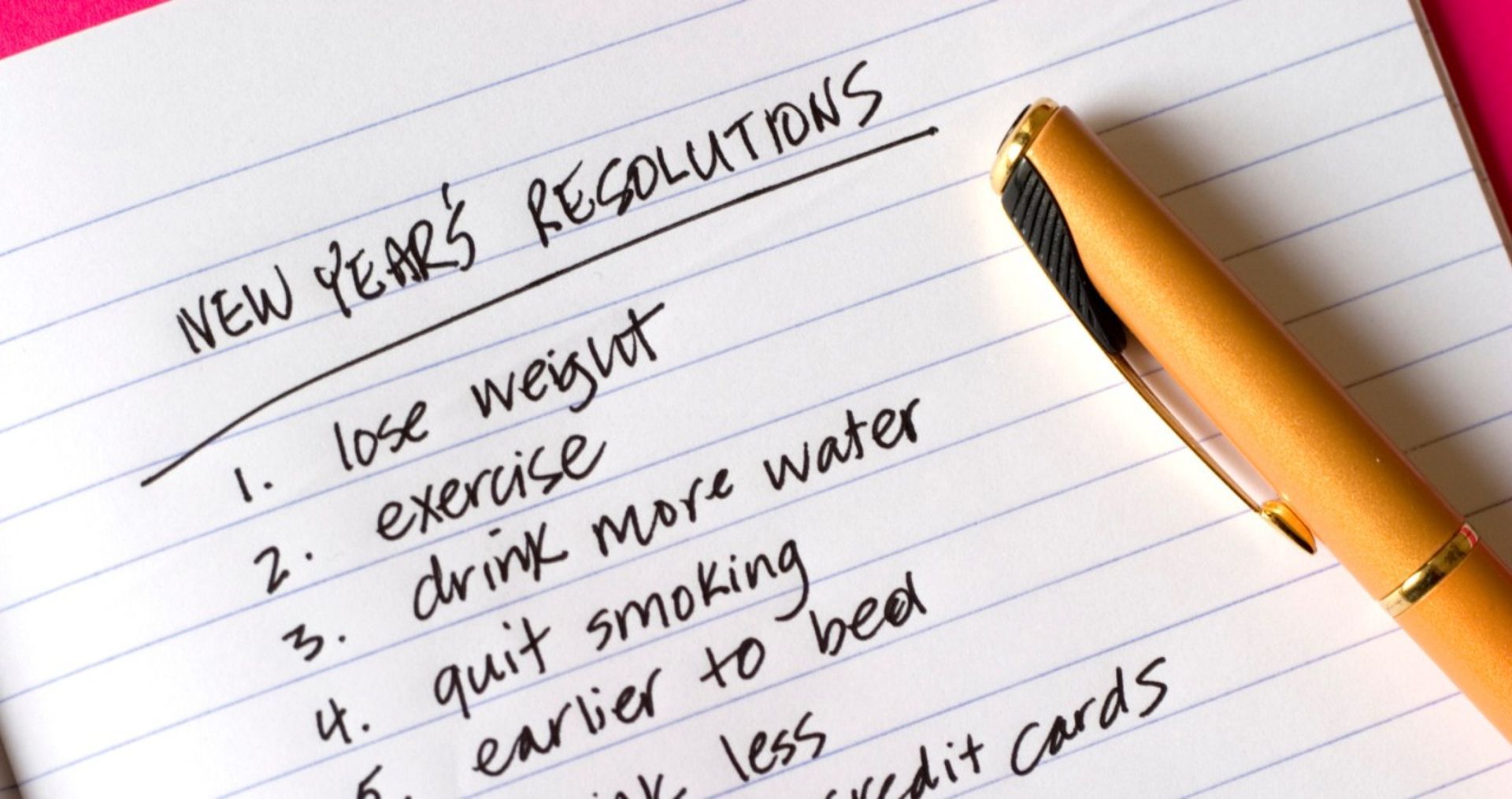Diners and Diplomacy
March 10, 2022
“I’ll have eggs over easy, bacon, wheat toast, hash browns, and a side order of cease fire. Oh, and some energy independence if you have it.” The solution to the world's problems might just be found inside the walls of America’s vintage restaurants.

As a United States citizen, media hound, and historian, there's more than enough going on right now to keep me in blogs for weeks. A seeming return to a cold war whose nuclear threat hung over my head from the date of my birth (just days before the Cuban Missile Crisis) to the birth of my son (born just weeks before the collapse of the Soviet Union). Rising gas prices and calls for energy independence reminiscent of the crisis in 1973. When cars ran out of fuel while people waited in long lines at gas stations to fill them, and President Nixon wanted to reduce the nationwide speed limit to 50mph, asked us to drop our thermostats at home and work, extinguish our Christmas lights, and suggested closing gas stations on the weekends to discourage people from taking long gas-guzzling drives. Today, prices are rising, hopes our partisan pickled pols can function are falling, and baseball season has stopped dead in its tracks. The Godfather turned fifty, Batman turned up again, and it looks like Taylor Sheridan will turn out 2,345 television series derived from Yellowstone in the coming years.
But I keep thinking about diners. Not the people who eat in a restaurant, but the old-time eateries designed to resemble railroad dining cars. Even if you don't have one in your town, everyone is familiar with these restaurants – their stainless steel, glass, and neon-lit outsides, and vinyl, chrome, fluorescent-lit insides.
In 1858, seventeen-year-old Walter Scott, a part-time pressman in Providence, Rhode Island, began supplementing his income by selling sandwiches and coffee out of a basket to nighttime newspaper workers and other hungry nocturnal wanderers. Business got so good he expanded to a horse-drawn covered express wagon. Others mimicked his success. T. H. Buckley of Worcester, Massachusetts, moved from operating a lunch wagon to designing and manufacturing them, and subsequently, the diner was born. These off-the-rails dining cars started with large wheels, rudimentary stoves, and iceboxes, advanced to cars with smaller wheels, larger counters, and even bathrooms, and eventually dropped the wheels to take root. Manufacturers shipped these premade structures across the country, where they were planted in small towns and along expanding roadways. Their design evolved to include the now-familiar stainless steel and glass exteriors, leather and vinyl booths, Formica countertops, porcelain tiles, and terrazzo floors.
Over the years, I've accumulated hours in diner booths, mostly while living in the Northeast. Breakfasts before hunting and fishing with my father and grandfather, college lunches, and road trip dinners. I recall a predawn meal with my father, loading up on eggs, bacon, fried potatoes, and toast. The waitress, knee-high hose rolled to her ankles, a pencil tucked behind a beehive hairdo, patrolled the floor, a coffee pot clenched in her right hand. The diner was packed, and she worked it alone, but the thick white ceramic coffee cups never emptied, and she never missed an opportunity to ask everyone if they needed more, liked their eggs, or were ready for the check. It was the late seventies and the height of the CB radio craze, and a woman seated at the end of the counter, whose voice rose above all the others, ended every thought with an emphatic, "Ten-four, go ahead."
In college, I too often exchanged my Math of Finance class for a midday open-faced meatloaf sandwich with mashed potatoes smothered in gravy followed by a slice of coconut crème pie. This is probably why I can't add, and the numbers in my life are dominated by cholesterol and blood pressure stats. Before Google and Siri arrived to answer the question, “what restaurants are near me?” I never went wrong finding a good meal in a strange land by scouting for the shiny bullet-shaped structures.
Before moving to the Midwest, we lived near a great diner. I would combine trips to the library with stops there to enjoy a meal alone, with the kids who sometimes accompanied me, or other times as a family. They served daily specials, milkshakes, hearty breakfasts, and the classic meatloaf sandwich. Each table still held a nostalgic reminder of a vinyl world, the song selector from a long-gone jukebox. Unfortunately, there are no diners where I live now. It's a town whose collective culinary tastes lean toward chain fare, where the differences between them are primarily the colors of their laminated multi-page menus mimicked across hundreds and thousands of locations spread across the country. There are some locally owned and operated restaurants—each with a distinct character and style. I stop by a couple of them for an occasional lunch, and there are some Chris and I frequent not only for the quality of their food but the friends we’ve made of the people who work and eat there. But just like Dan Quayle was no Jack Kennedy and Sean Connery will always be James Bond, they can't replicate a diner. The design, the food, the sounds, the feel of a booth seat worn and sagging with age, and the character they combine to form. Unique to their location, but collective to their place in society.
One of the things I miss most is the banter. The verbal back and forth you’re a part of, or that takes place around you. Candidates running for office who still practice face-to-face campaigning know diners are where real talk occurs. It's where problems are solved or, at the very least, solutions explored. Long before the indignant echo chambers of social media and the incoherent rambling of conversation threads, you could share a booth or take a stool next to someone and have a civil conversation. Property lines resolved, curfews hammered out, delivery schedules agreed to, family visits scheduled, and rumors put to rest. People could even talk about matters of national and global concern without the exchange disintegrating into an adult version of juvenile name-calling. Disagreements, not arguments, discussions, not lectures, where the middle ground is farmed, and extremes left arid. I don't believe any international treaties or trade agreements ever resulted from a diner conversation. Still, I am sure more than one person left feeling better having been given the opportunity to weigh in. Who knows, some of the solutions our leaders struggled for decades to find might have been left beside an empty soda glass and the remains of a club sandwich.
Instead of barren meetings rooms and droll videoconferences, maybe the world’s economic, political, and social leaders could get together in diners and exchange ideas. Seek solutions over bowls of chicken noodle soup and gravy-laden turkey sandwiches instead of between sips of sour corporate coffee and shouts of “you’re on mute!” Imagine Vladimir Putin and Joe Biden sitting next to each other at the counter, sliding the sugar dispenser and salt and pepper shakers back and forth between them, bringing an end to the Russian invasion before each country's economic collapse or nuclear incineration. Global leaders agreeing on how to responsibly manage the planet's resources, even though they can't agree on whether rhubarb or apple makes the best pies. Major league baseball owners and players stuffed in booths sharing cheese smothered fries and thoughts on how they can better serve their fans and still afford multiple houses and cars.
I know the chances of this happening are as likely as Letterman and Leno partnering to call this year's Indianapolis 500 but allow a man to dream. At the very least, we could find a diner, order up some hamburgers and milkshakes, and agree that without the genius of The Godfather, there is not a The Godfather: Part II, and there wasn't a motion picture Batman after Michael Keaton.
No? Pass the ketchup, and let's talk about it.
Like what you read?
Subscribe to my mailing list and get notifications to your inbox when my next blog post goes live.
Contact Us
More By Joe


